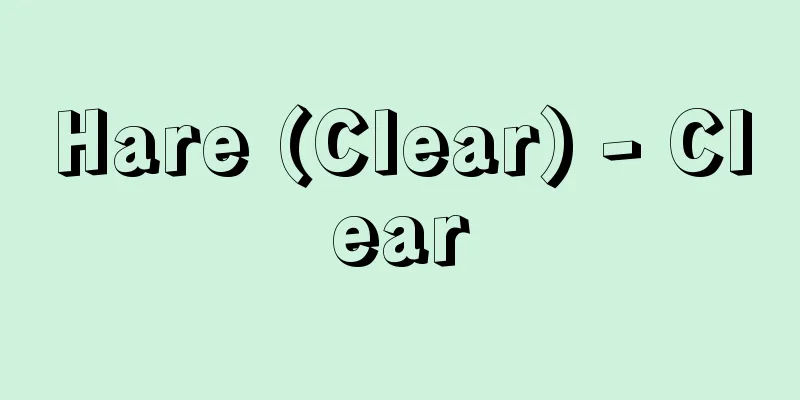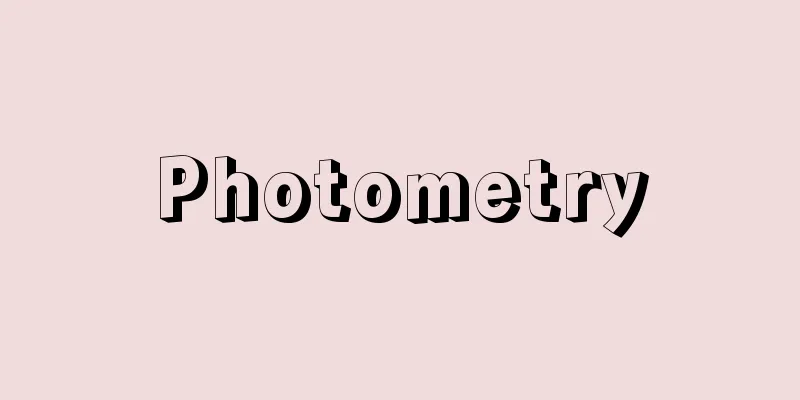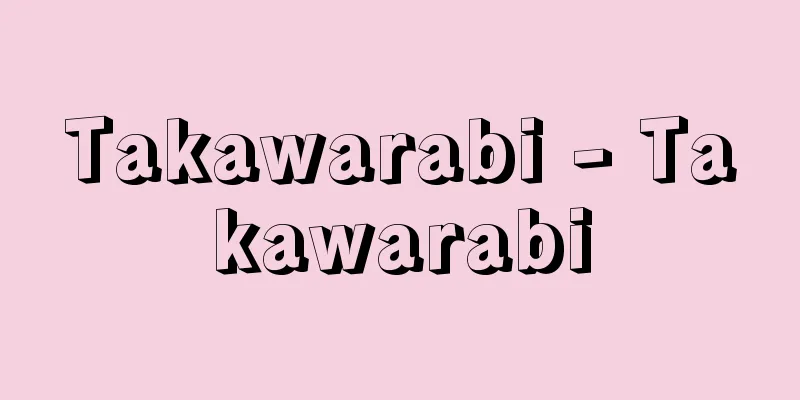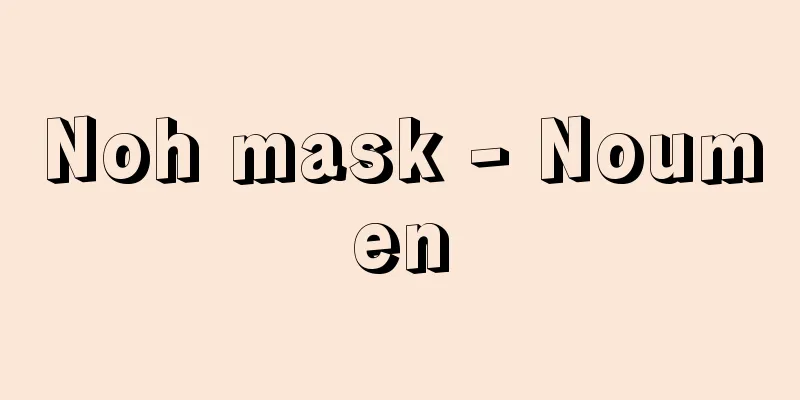Hare (Clear) - Clear

|
As opposed to ke (ordinary), which refers to everyday, ordinary life and situations, this word refers to a formal, special state, or a public or auspicious situation. In traditional Japanese life, styles have developed to express such special states, such as haregi (formal attire), hare days, hare departures, and hare places. Haregi (formal attire) are made with shapes, colors, patterns, and materials that differ from the clothes worn in everyday life, and meals such as mochi (rice cakes), red rice, and sake are cooked and served in a set way and style. Public places such as shrines and private homes also indicate that the space is a "hareba" by decorating them in a certain way with bamboo, evergreen trees, shimenawa (sacred rope), banners, curtains, and other items. Source: Heibonsha World Encyclopedia, 2nd Edition Information |
|
日常的な普通の生活や状況を指すケ(褻(け))に対して,あらたまった特別な状態,公的なあるいはめでたい状況を指す言葉。日本の伝統的生活の中には,ハレ着,ハレの日,ハレの門出,ハレの場など,このような特別な状態を表現する様式が発達している。ハレ着は通常の生活で着る衣服とは異なる形や色,柄,素材をもって作られ,食事は餅や赤飯,酒などが,定められた方法や形式で料理され供される。神社など公的な場や個人の家屋も竹や常緑樹,注連(しめ)縄,幟,幕などを一定の方法で飾ることによって,その空間が〈ハレの場〉であることを表示する。
出典 株式会社平凡社世界大百科事典 第2版について 情報 |
<<: Paré - Paré (English spelling) Ambroise Paré
Recommend
International Monetary Fund
…The abbreviation for the International Monetary ...
Forbidden tag - inspection
A signboard that lists the terms of a prohibition....
Ortiz, D.
...Instructional books were published by Silvestr...
caving
Caving is a sport that involves exploring caves, u...
Geertgen tot Sint Jans
A representative painter of the Netherlands (North...
Inspector - Azechi
〘Noun〙① A local administrative oversight body esta...
Lessing, Doris
Born: October 22, 1919, Kermanshah, Persia [Died] ...
Auto Race - Auto Race
This is a public gambling event in which winning ...
Ballet Russe (English name)
A ballet company that was mainly active in Europe ...
Kanzawa Tokou
1710-1795 A haiku poet and essayist from the mid-...
Xia Nai (English name)
Born in 1910 in Zhejiang, Jiaxing [Died] June 19, ...
Tao Qian
A poet from the Eastern Jin and Song dynasties of...
Kimseo-po
…A Korean civil servant and writer of the Yi Dyna...
Cargo loading plan - Kamo tsutsumitsukezu
…The principle is that the weight of the ship sho...
Caucasian - Kafkasgo
…One of the ancient Oriental languages of unkno...





![Eida [town] - Kaita](/upload/images/67cb293ceee0f.webp)



